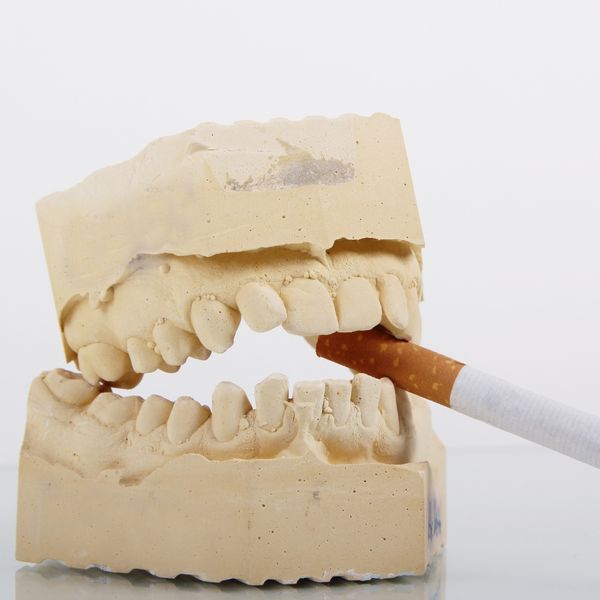One of the main reasons people turn to dental implants is to fix painful oral injuries and restore lost teeth. The last thing you want is for the very treatment meant to relieve that pain to cause even more issues. At Brite Smiles Dental Care, we know how important it is for your dental implants to be placed correctly and well-maintained to keep them right. As your trusted Apple Valley MN dentist, we want to help you understand what can lead to implant failure and how to avoid it.
What Can Lead to Implant Failure?

Poor Oral Hygiene After Surgery
Just like natural teeth, dental implants need proper care to stay healthy. Neglecting oral hygiene after implant placement can lead to infections like peri-implantitis, a condition that causes inflammation around the implant and can ultimately lead to failure.
How to Avoid It:
Brush twice a day and floss carefully around the implant.
Use an antibacterial mouthwash to reduce plaque buildup.
Schedule regular checkups at Brite Smiles Dental Care for professional cleanings and exams.

Smoking and Tobacco Use
If you smoke, your chances of implant failure increase significantly. Tobacco reduces blood flow to the gums, making it harder for your body to heal properly after surgery. This can prevent the implant from integrating with your jawbone, leading to loosening and failure.
How to Avoid It:
Quit smoking before and after your implant surgery to allow for proper healing.
If quitting isn’t an option right away, consider reducing your tobacco use to improve your dental health.
Ask your dentist for resources to help you quit smoking for good.

Teeth Grinding (Bruxism)
Many people grind their teeth at night without even realizing it. Unfortunately, excessive pressure from grinding or clenching can weaken your implant and cause it to fail.
How to Avoid It:
If you suspect you grind your teeth, talk to your dentist about a custom nightguard.
Manage stress, as anxiety can often lead to increased teeth grinding.
Keep up with your routine dental care visits to catch signs of bruxism early.

Insufficient Bone Density
For an implant to be successful, it needs a solid foundation. If there isn’t enough bone in your jaw to support the implant, it may not integrate properly, leading to failure.
How to Avoid It:
Before surgery, your dentist will evaluate your jawbone density using X-rays.
If necessary, a bone graft can be performed to strengthen the area before implant placement.
Follow your post-surgical care plan to ensure proper healing and bone integration.
Protect Your Smile!
A dental implant is meant to be a long-term solution, not a temporary fix. By taking care of your oral hygiene, avoiding harmful habits, and choosing the right dentist, you can ensure your implant lasts for years to come.
At Brite Smiles Dental Care, we’re here to help. Whether you need an evaluation, an implant procedure, or ongoing dental care, we’ve got you covered.
